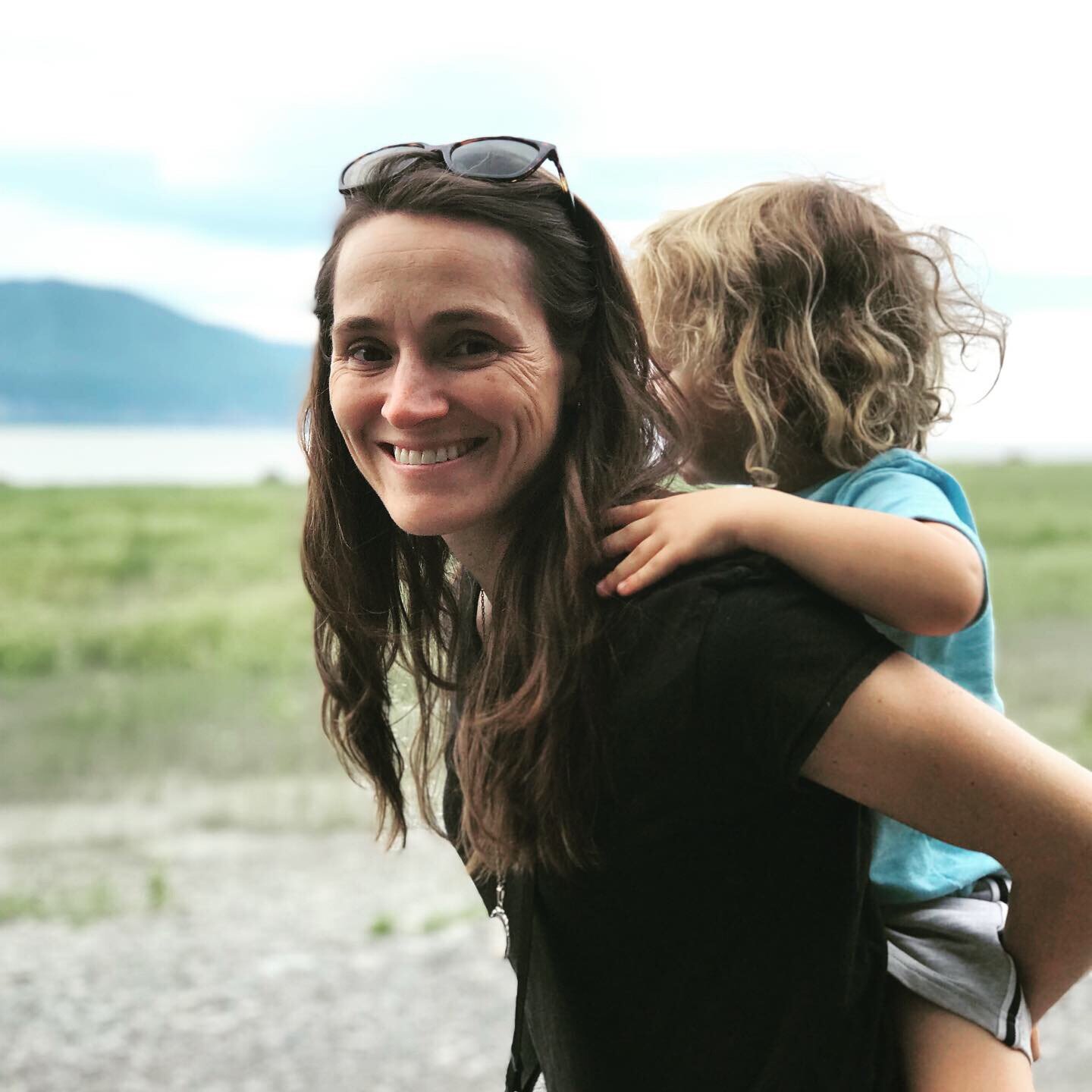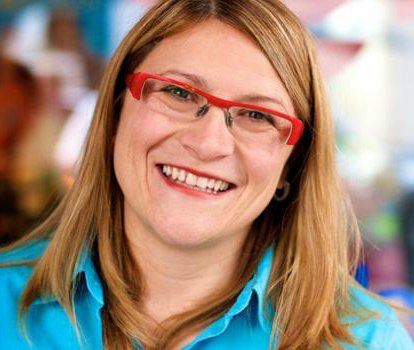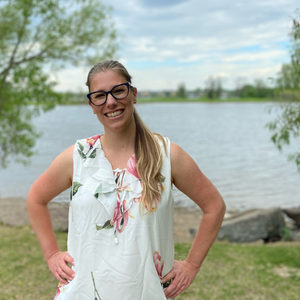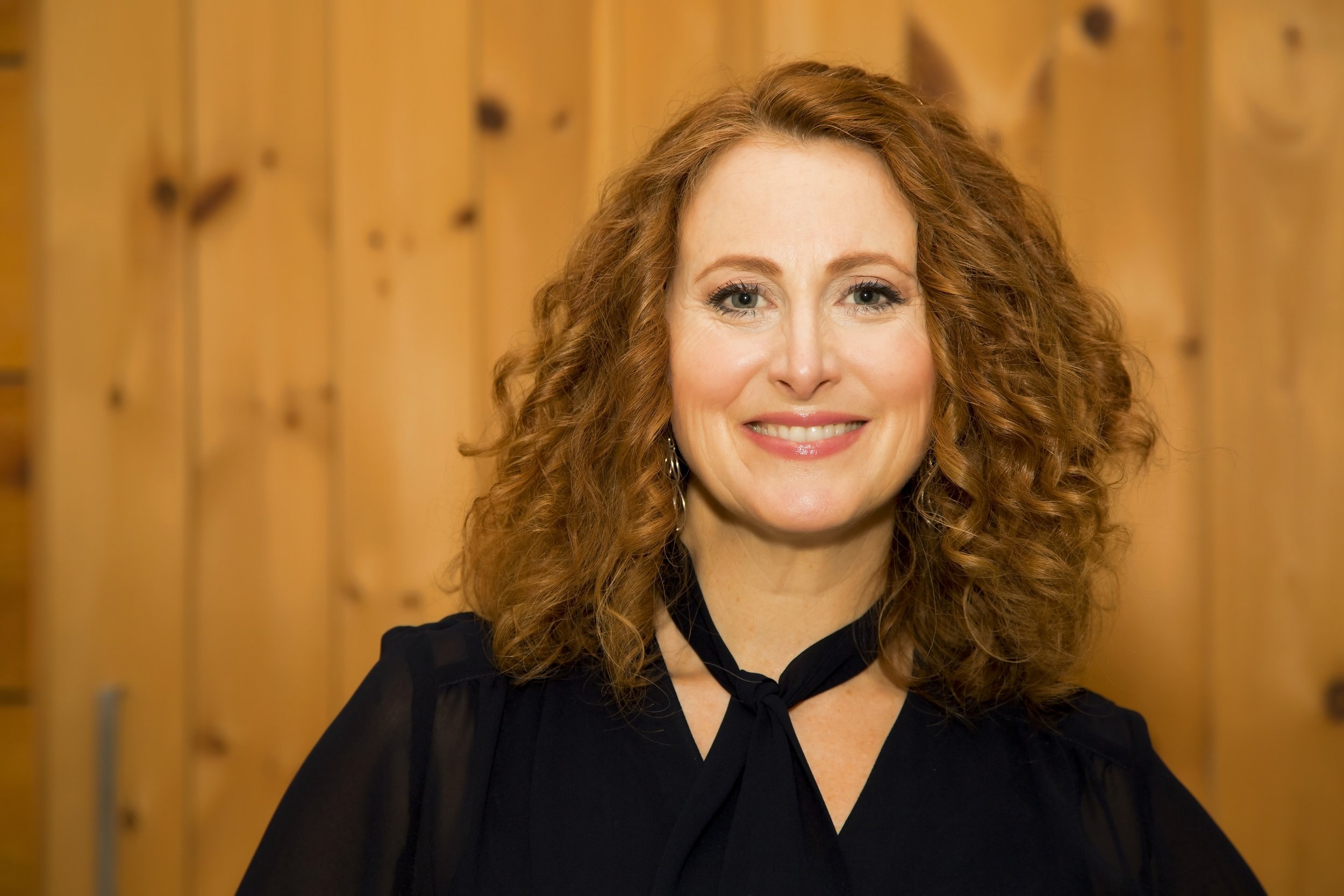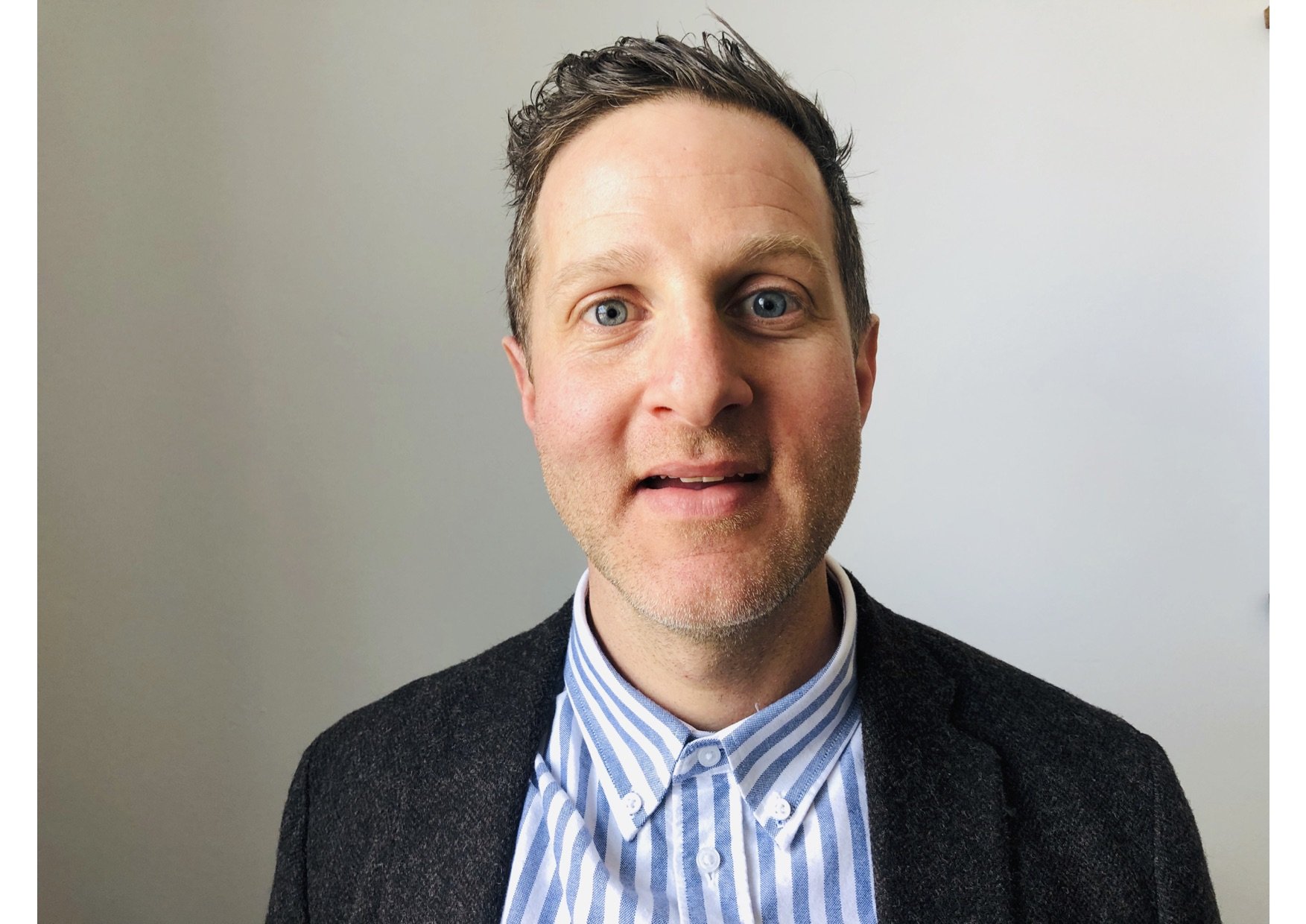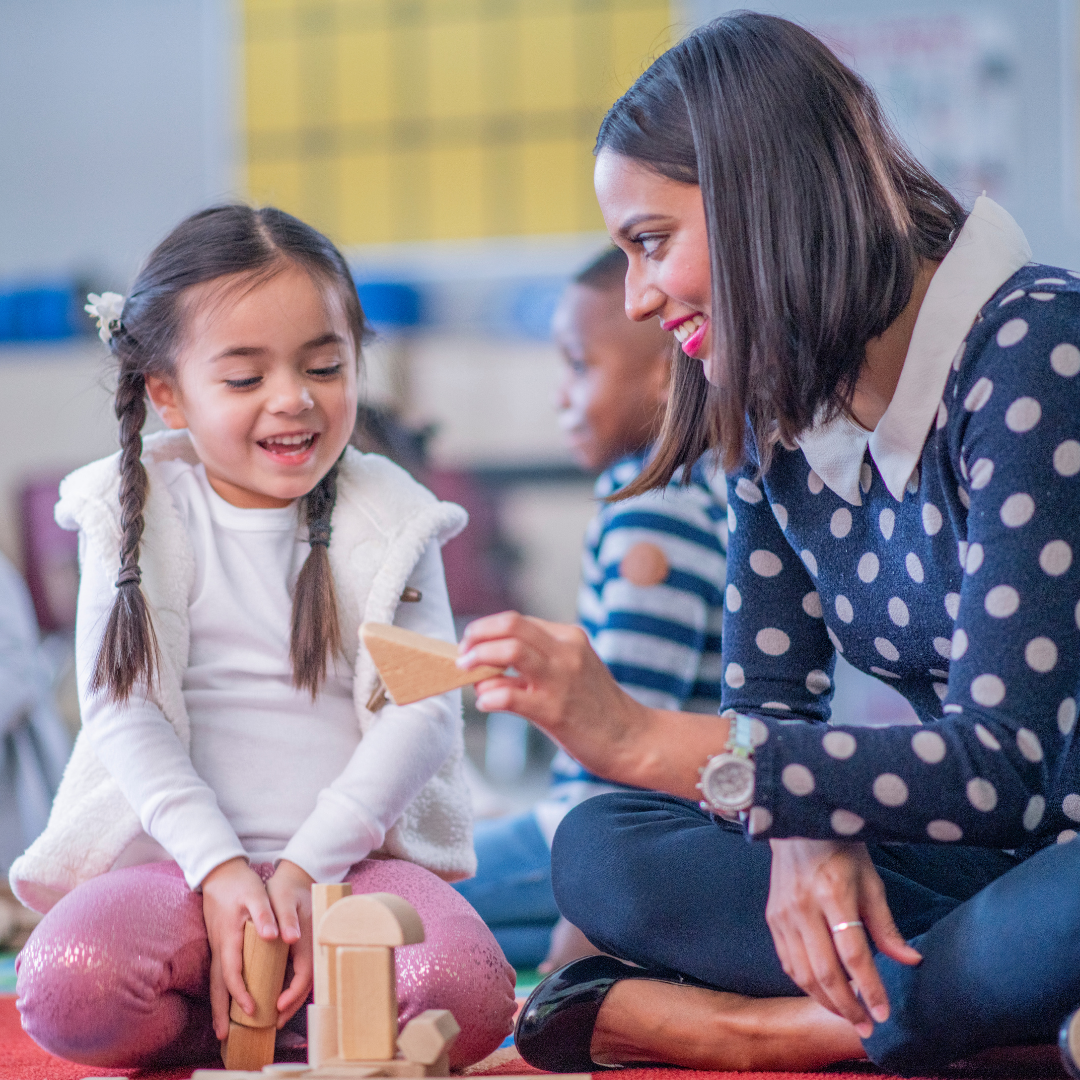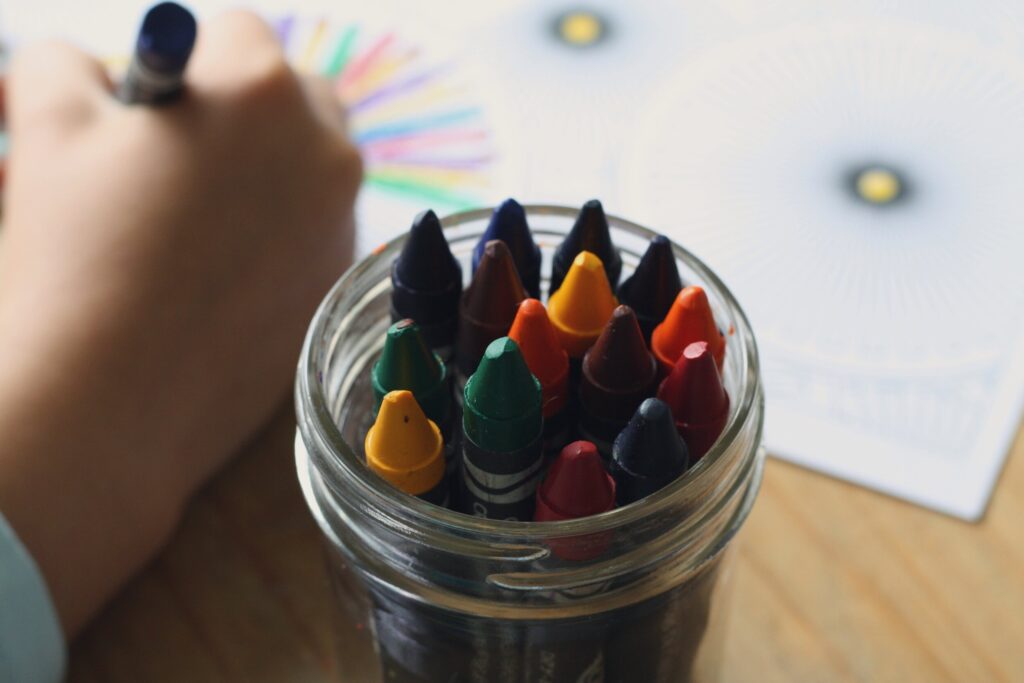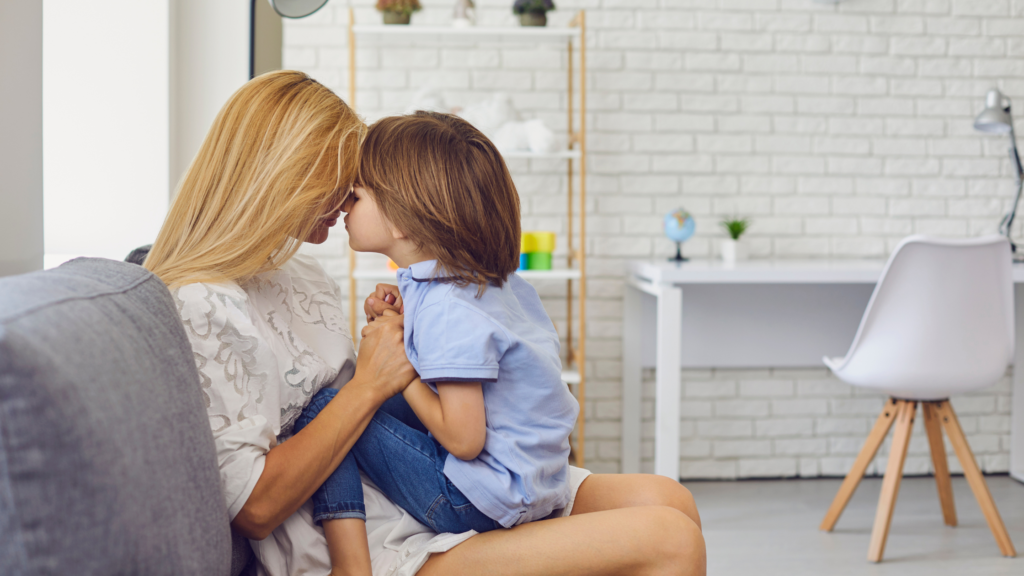Host: Cindy Hovington, Ph.D.
Co-host: Marion Van Horn, Ph.D.
Guest: Today, we are getting to know our new co-host!
Marion Van Horn is a neuroscientist studying developmental neuroplasticity.
Marion is also a mom of three and is fascinated about how early life experiences can influence the development of her kids! While parenting is not easy, she reminds us that the books we read our children, the conversations we have, the banana bread we make, the camping trips we go on are all experiences that will help build a better brain in the long run.
Marion lives in Montreal, Canada and she and her husband share candid, everyday moments on their YouTube channel ‘Viva Family’ and on Instagram
Summary
In this episode, Marion shares what it’s like to be a neuroscientist studying developmental neuroplasticity.
She obtained her Ph.D. in Neurophysiology from McGill University and is currently a postdoc researcher at the Montreal Neurological Institute, where she studies the molecular and cellular mechanisms underlying developmental neuroplasticity. She studies how external factors can influence how neurons explore and is trying to better understand the nitty-gritty signaling pathways underlying how neurons make synaptic connections with other neurons to make functional neural circuits. Marion is also a mom of three and is fascinated about how early life experiences can influence the development of her kids!
Marion tells us about her research in the lab studying neuroplasticity in tadpoles and tells about how she applies what she has learned in her research to her own children’s development – including why she prioritizes getting her kids 1-3 hours outside every day!
What we discuss in this episode
– How early life experiences play an important role in wiring the brain
– How we can better nurture our child’s brain development
– The importance of child-directed play
– Why spending time outside is important for vision
– The important role sleep plays in brain development
References:
-
Children who spend more time outside exposed to daylight may reduce their risk of developing nearsightedness: American Academy of Ophthalmology. “More time outdoors may reduce kids’ risk for nearsightedness, research suggests.” ScienceDaily. ScienceDaily, 26 October 2011. (HERE)
-
Xiong, S., Sankaridurg, P., Naduvilath, T., Zang, J., Zou, H., Zhu, J., … & Xu, X. (2017). Time spent in outdoor activities in relation to myopia prevention and control: a meta‐analysis and systematic review. Acta ophthalmologica. (HERE)

